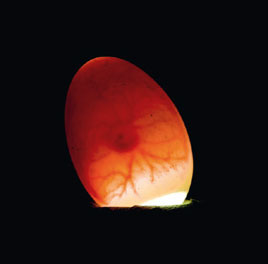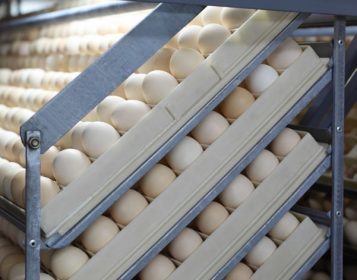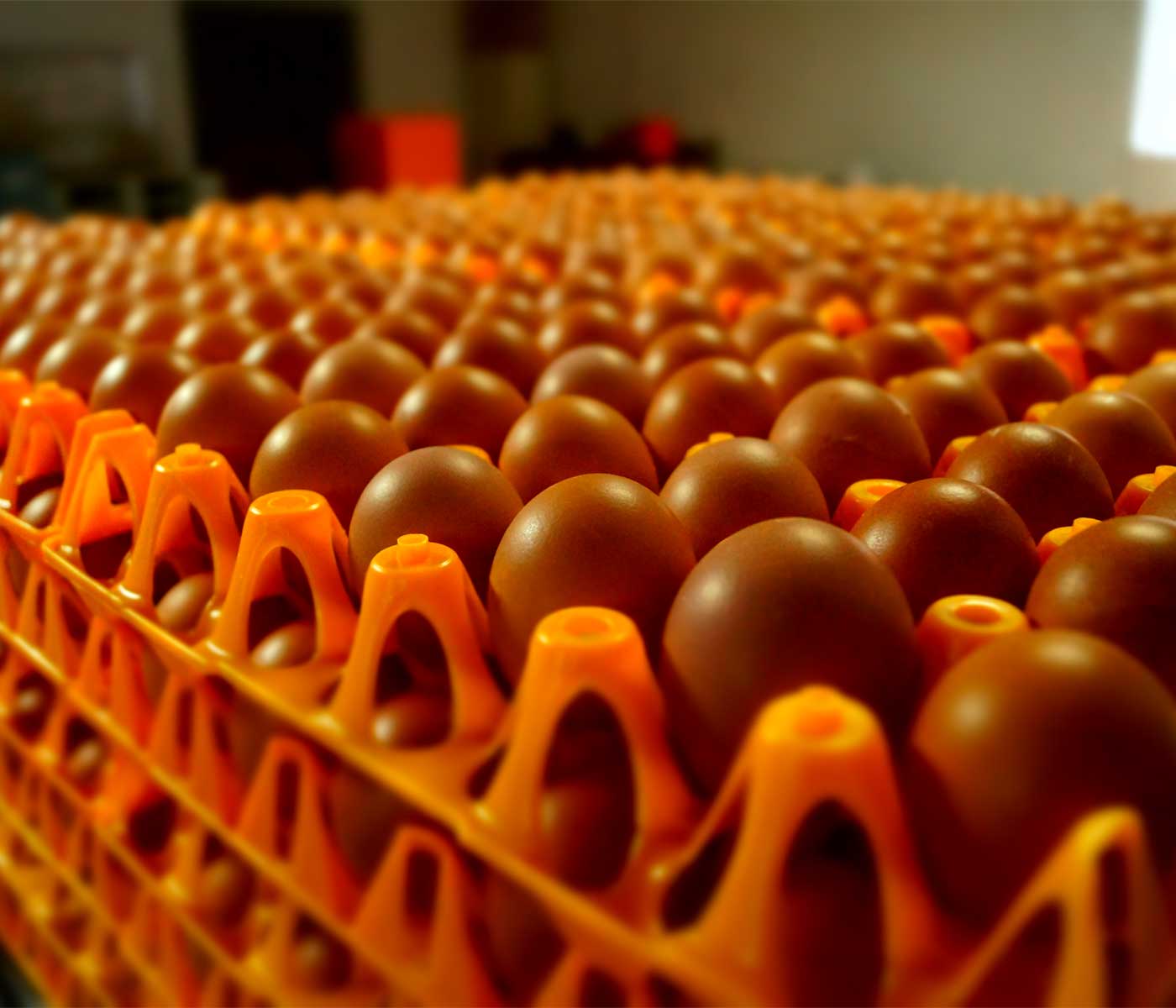Content available at: Español (Spanish)
The storage of eggs is a common practice in incubation and its effects vary by the duration of the same. It is a natural process that hens also carry out and is necessary for a few hours for the proper development of the embryo. But with the increase in the use of higher capacity egg incubators and the increasingly common implementation of single-stage incubation, incubating eggs stored for long periods of time is becoming more frequent.
1.-EGG COLLECTION
2.-HANDLING AND STORAGE ON THE FARM
3.-TRANSPORTATION TO THE INCUBATOR

Additionally, due to variations in the demand for poultry products, it is often necessary for some eggs to be stored for more days. This article is intended to discuss some management practices that can minimize the negative effects of storage. Details to reduce problems during the transport of eggs from the farms to the incubator will also be discussed.
Errors in small details related to variations in temperatures, humidity, and especially hits on the eggs that affect the physical and microbiological quality, and the viability of the embryos.
SUCCESSFUL INCUBATION OF STORED EGGS

The natural incubation process requires that the egg spend a few hours after laying in contact with the environment to exchange gases, lose some moisture, and in this way prepare the physical-chemical conditions of albumen, yolk, and air chamber for the development of the embryo.
It has been observed in several studies that between 24 and 48 hours are necessary for the release of carbon dioxide from the egg, causing the pH of the albumen to increase from 7 to 9.0 – 9.5 which facilitates the positioning of the embryo, vascular development, and help establish effective protection mechanisms against microorganisms.
When it is absolutely necessary to start incubation with fresh eggs,
Keep up to date with our newsletters
Receive the magazine for free in digital version
REGISTRATION
ACCESS
YOUR ACCOUNT
LOGIN
Lost your password?







